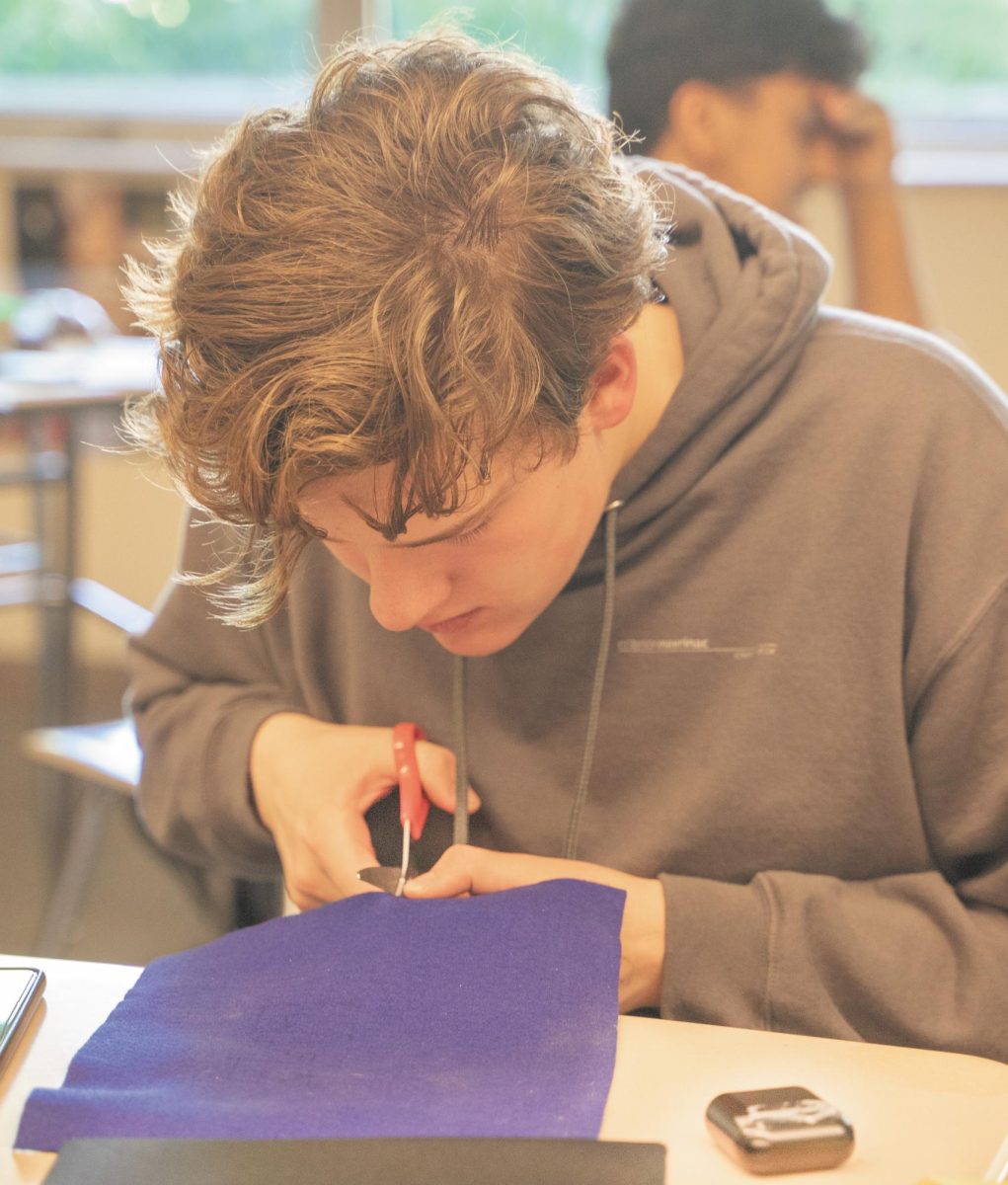After acclimating to the environment and comfort of high school, the prospect of studying abroad is an exciting yet daunting idea for students to tackle. Seniors planning to travel abroad for their studies next year said that they had many things to consider when applying for foreign schools that they generally didn’t have to worry about with U.S. schools, such as potential language barriers, extreme time differences and culture shocks.
Senior Andhisty Mahmud said that for her, going to college abroad is an opportunity to become independent and explore different cultures while pursuing an education. Mahmud will be attending Duke Kunshan University, a new Sino-U.S. institution led by Duke University in Kunshan, China.
“I want an international career,” Mahmud said, “so I decided to go abroad and study elsewhere to learn more about the world, learn a new language, meet people I would’ve never met if I stayed in the U.S, and experience other cultures.”
Going abroad not only introduces students to new cultures but also to other possible connections in their preferred field of study. Senior Liv Metz said that going abroad opens up a whole new realm of global networking and is a great option for those who want to grow their career somewhere other than the United States.
“I wanted to get an EU degree, so it would be easier for me to get connections, internships, and then jobs in Europe,” Metz said.
In addition, senior Yoshi Li, who will be attending Université de Montréal in Montréal, Canada, said that living in a new place can be exciting and is guaranteed to make you try new things.
“Living in Canada, and especially Montréal, can be a super fun experience if you’re into things like strolling around a historical area, seeing people dressed up and cosplaying for Comic Con, riding the super easy to understand metro, going to the summer fair at the Old Port, or just exploring the big city on your own.”
However, living abroad isn’t always a piece of cake, students planning to study overseas said. There are a plethora of culture shocks and sometimes language barriers that come with living in a foreign country.
“[One challenge] I’ve faced is the difference in terms between America and Ireland. For example, housing is called accommodation,” Metz said. “I’ve also had to [adjust] to Euros instead of dollars so that gets a bit confusing when the exchange rate changes. I’m also a tad worried that I won’t be able to understand the Irish accent or slang.”
Far away locations also force distance between students and their families, which is one thing that Li said she is worried about.
“It would still be a challenge to be in a whole other country and basically on the other side of the continent away from my family,” Li said.
Of course, time differences are an unavoidable shift that present troubles for students even before they move to their new destination.
“The biggest challenge is definitely attending their information sessions; because of the time difference, most of them tend to be at 3 a.m. in the morning,” senior Aditi Saraf said.
In addition to current challenges, students anticipate more struggles in the future and are already seeking solutions to overcome them.
“I expect many challenges, such as the common ones like language barriers, getting lost, not understanding WeChat, etc, but we will cross that bridge once we get there,” Mahmud said. “Also, China’s great big firewall. It’s actually not as big of a problem as I thought. Talking to students, they told me everyone uses Duke’s VPN. They also told me it’s still usable outside of campus; some students use it to watch Netflix shows unavailable in their home country.”
However, students said that despite these challenges, if someone is interested in studying in a foreign country, it is well worth it.
“I will always recommend traveling to new places. I know a lot of people are scared to leave home and leave their familiar place, but there’s so much more to see besides suburban Washington,” Metz said. “I can’t really convince people to want to go outside their comfort zone, but I think that college is a great opportunity to do so. You get the support system from the college, as well as meeting locals and international students alike.”
Saraf said that as communities become more globally oriented, college is a great place to adapt to that mindset.
“College abroad provides the opportunity to learn, explore and experience a new culture in our increasingly globalized world,” Saraf said.
Finally, Mahmud said that exploring schools abroad was much more interesting than researching American universities, and that U.S. colleges actually restrict students’ options.
“It’s much cheaper than U.S. schools, which many know. There’s also a lot of universities abroad with niche programs that some people may be interested in. Similar to Duke Kunshan, there’s also a number of U.S. universities that have expanded abroad,” Mahmud said. “There’s really a lot of possibilities for college once you start looking outside of the states, and researching these options made the college search much more exciting for me.”
















